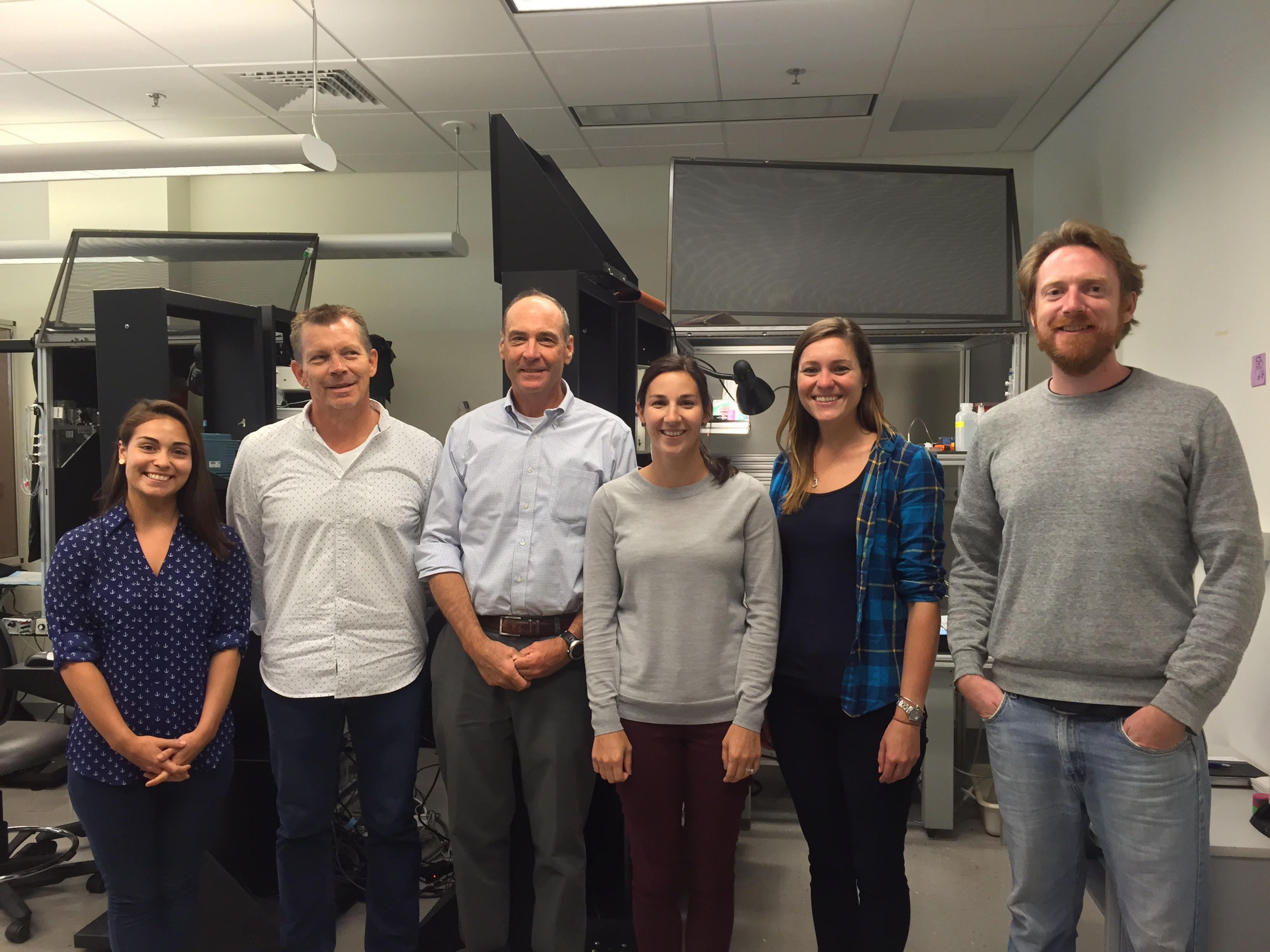
Massachusetts Institute of Technology Researcher Mark Bear, PhD, Sees Success Developing Disease-Modifying Treatments for Fragile X Syndrome and Other Developmental Brain Disorders
Finally, hope.
And it comes from the lab of Mark Bear, PhD, Picower Professor of Neuroscience, The Picower Institute for Learning and Memory, Department of Brain and Cognitive Sciences, Massachusetts Institute of Technology
Dr. Bear is building on the “mGluR theory” and applied insights gained by the study of Fragile X and other genetically defined causes of intellectual disability and autism with some success. His goal is to discover and facilitate the development of disease-modifying treatments for Fragile X and other developmental brain disorders.
“Neurons in the brain communicate with each other at specialized junctions called synapses,” said Bear, who earned a BS from Duke University and a PhD in neurobiology at Brown University. “Such modifications are the basis for memory storage in the brain, and go awry in a number of diseases. Exaggerated protein synthesis downstream of mGluR5 activation might be responsible for many symptoms of Fragile X in animals and humans alike. Our ongoing research is focused on digging deeper into the mechanisms of protein synthesis regulation to identify new and improved therapeutic targets.”
‘Within Reach’
Dr. Bear’s lab is focused on translating discoveries into new treatments.
“We are quite optimistic the goal of improved treatments for Fragile X is within reach,” said Dr. Bear, who uses a variety of methods (electrophysiological, biochemical, molecular, behavioral and anatomical) to examine the synaptic modifications that form the neurobiological basis of learning and memory. “This will translate into a dramatic improvement in the quality of life for Fragile X patients and their families. We are looking for a validation of the general approach of developing medicines for genetically defined diseases by reproducing relevant gene mutations in animal models and applying knowledge of neurobiology to discover therapeutic targets.”
Dr. Bear credits FRAXA for supporting his work.
“FRAXA has had an enormous impact on progress in this field, by organizing high-level scientific meetings that have served to attract established researchers to study Fragile X, and by funding fellowships for young postdoctoral researchers who will go on to make the next major breakthroughs,” he said. “FRAXA has done a wonderful job leveraging their modest funds to advance research on developing a treatment for Fragile X.”
‘We Will Not Stop Until We Succeed’
Interestingly, Dr. Bear stumbled into researching Fragile X.
“It was an accident,” he said. “Our first interest was in the role of FMRP protein in synaptic function. Our unexpected discoveries 15 years ago alerted us to the therapeutic possibilities in this disease, and we have pursued this question ever since. We will not stop until we succeed.”
Fragile X research has had a dramatic impact on his life.
“I had been content to be a basic neurobiologist until I saw how our research might improve the lives of families affected by Fragile X,” said Dr. Bear, who was a faculty member at the Brown University School of Medicine for 17 years. “I co-founded a biotech company called Seaside Therapeutics to develop the first disease-modifying medications for Fragile X. Although this translational effort fell just short of the finish line, it has been particularly gratifying to witness the sustained interest in Fragile X by pharmaceutical and biotech companies large and small. This is a testament to the quality of the science. We have shown dramatic improvements in quality of life are possible in Fragile X, and I look forward to celebrating an unequivocal clinical success, hopefully in the near future.”
Written by
Theodore Coutilish, MA
FRAXA Board Member
Theodore Coutilish a distinguished leader in marketing communications, serves as the Assistant Director of Strategic Engagement and Communications at the University of Michigan. Dedicated to advancing Fragile X research and awareness, he has long advocated for this cause, motivated by his son, Andrew, who has Fragile X syndrome. Residing in Grosse Pointe Shores, Michigan, with his wife, Mary Beth Langan, Theodore earned a BA in Print Journalism from Wayne State University and an MA in Communications from the University of Detroit Mercy.


